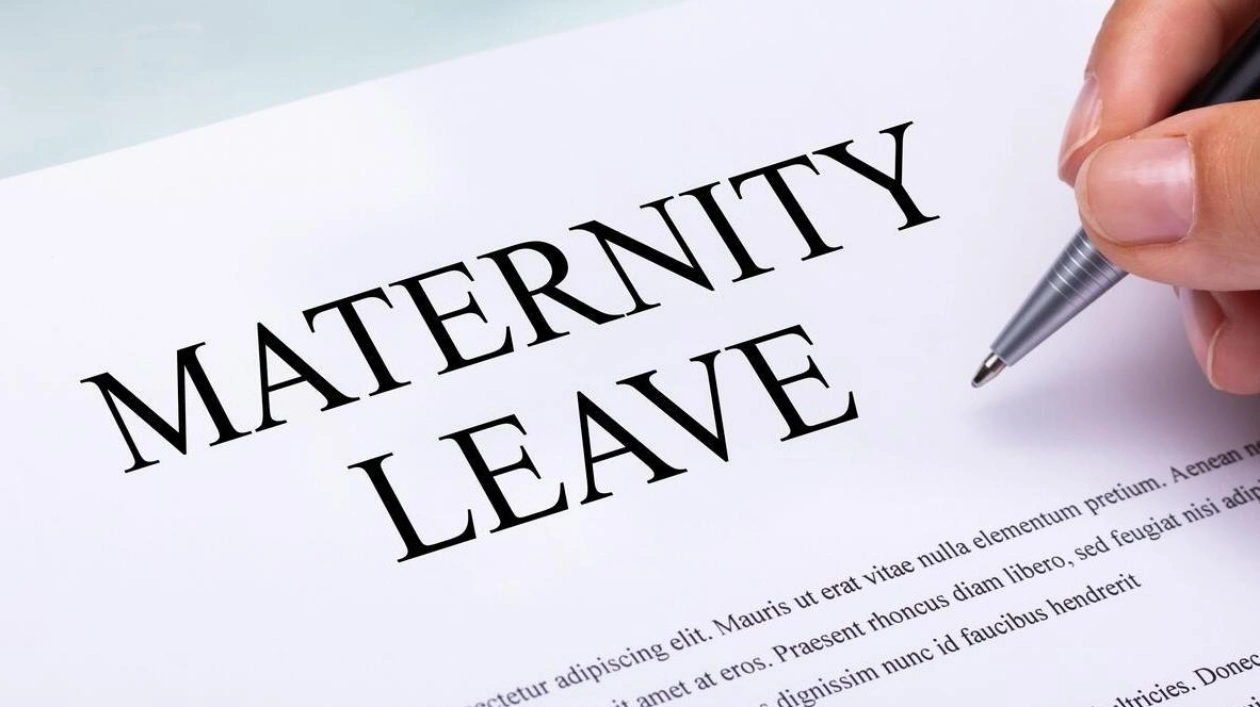Global legal firm Baker McKenzie has recently announced the revision of its maternity and paternity leave policies, providing extended leave options for both mothers and fathers. According to the new policy, mothers are now eligible for up to 52 weeks’ (364 days) leave, 26 weeks' (182 days) of which will be fully paid. Similarly, fathers can avail an enhanced paternity leave of up to six weeks (42 days) at full pay, along with additional parental leave-related benefits.
This new policy has been introduced for mothers who have completed at least one year of continuous service with the legal firm. The move reflects the shift towards greater flexibility within UAE companies, emphasizing the importance of offering extended leave and flexible work hours to attract and retain top talent.
Earlier this year, retail and design firm Alpha Nero introduced a 70-day paid maternity leave policy for its employees, while Dubai-based Galadari offers three months of maternity leave after one year of employment. Furthermore, female employees at Galadari have the option of availing remote work for 28 calendar days upon resuming work after three months, with the possibility of working half their daily hours for the initial 24 working days if remote work is not feasible.
In the UAE, mandatory maternity leave stands at 45 calendar days, with federal government employees entitled to 60 days off. Additionally, new mothers receive two 30-minute breaks for breastfeeding until the child reaches 2 years of age.
Borys Dackiw, managing partner of Baker McKenzie in the UAE, expressed that the extended parental leave policy demonstrates the firm’s dedication to prioritizing the well-being of its employees and promoting gender diversity. Keri Watkins, co-chair of the Inclusion, Diversity and Equity Committee at Baker McKenzie in the UAE, emphasized that this progressive approach aligns with the broader commitment to fostering an inclusive and diverse workplace, ultimately aiming to facilitate the professional and personal flourishing of all employees.
The new policy officially came into effect on January 1, 2024.






